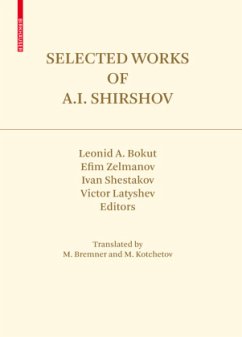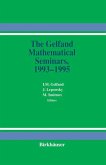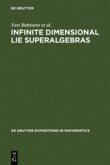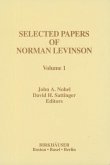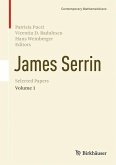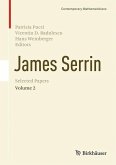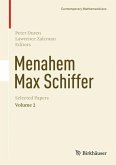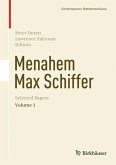Anatolii Illarionovich Shirshov (1921-1981) was an outstanding Russian mat- maticianwhoseworksessentiallyin?uenced thetheoriesofassociative,Lie,Jordan and alternative rings. Many Shirshov's students and students of his students had a successful research career in mathematics. AnatoliiShirshovwasbornonthe8thofAugustof1921inthevillageKolyvan near Novosibirsk. Before the II World War he started to study mathematics at Tomsk university but then went to the front to ?ght as a volunteer. In 1946 he continued his study at Voroshilovgrad (now Lugansk) Pedagogical Institute and at the same time taught mathematics at a secondary school. In 1950 Shirshov was accepted as a graduate student at the Moscow State University under the supervision of A. G. Kurosh. In 1953 he has successfully defended his Candidate of Science thesis (analog of a Ph. D. ) "Some problems in the theory of nonassociative rings and algebras" and joined the Department of Higher Algebra at the Moscow State University. In 1958 Shirshov was awarded the Doctor of Science degree for the thesis "On some classes of rings that are nearly associative". In 1960 Shirshov moved to Novosibirsk (at the invitations of S. L. Sobolev and A. I. Malcev) to become one of the founders of the new mathematical institute of the Academy of Sciences (now Sobolev Institute of Mathematics) and to help the formation of the new Novosibirsk State University. From 1960 to 1973 he was a deputy director of the Institute and till his last days he led the research in the theory of algebras at the Institute.
Bitte wählen Sie Ihr Anliegen aus.
Rechnungen
Retourenschein anfordern
Bestellstatus
Storno

